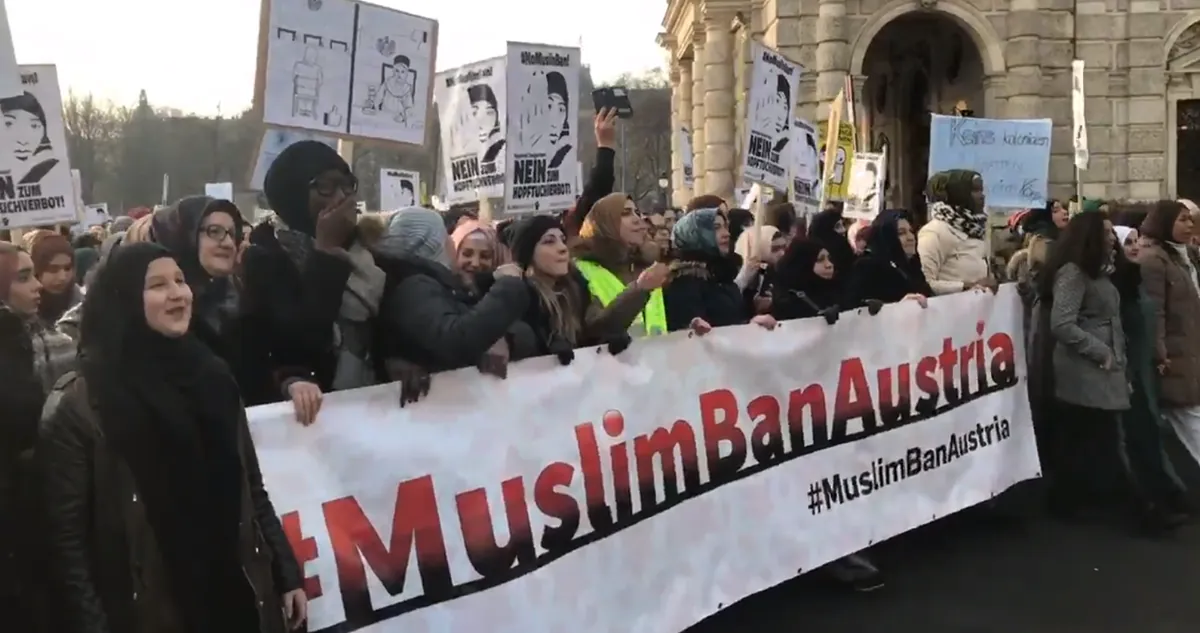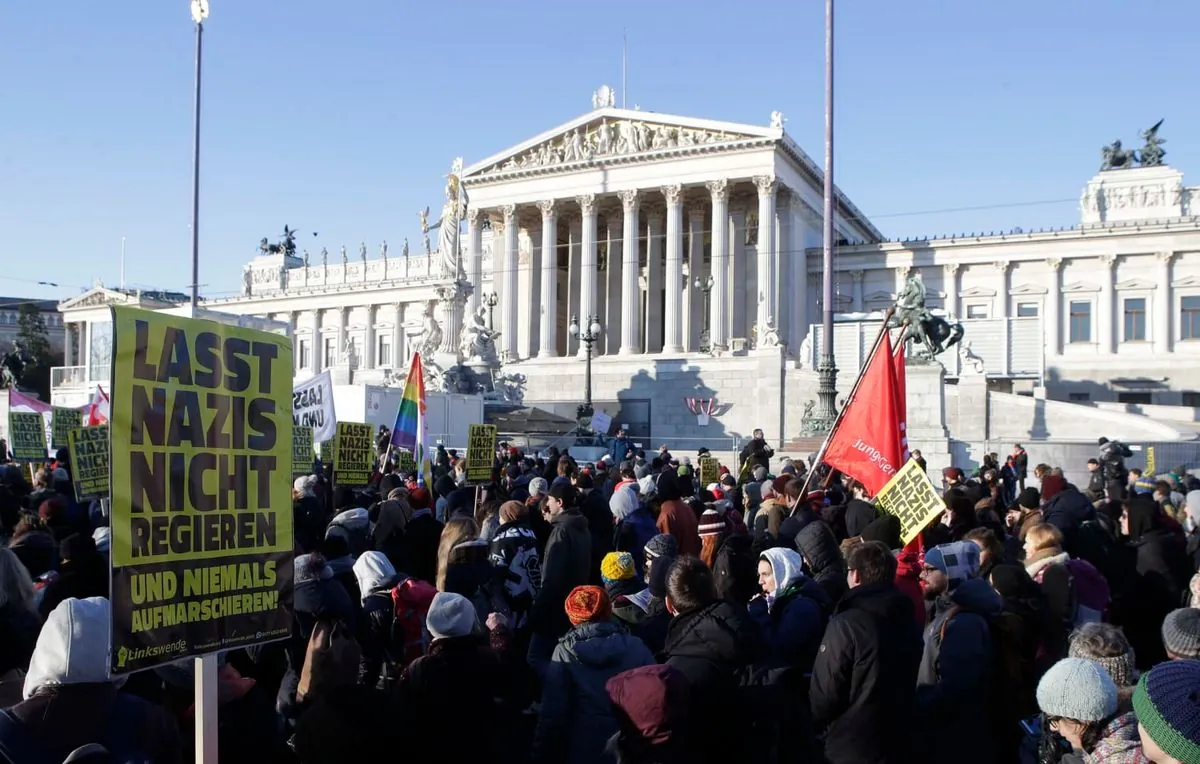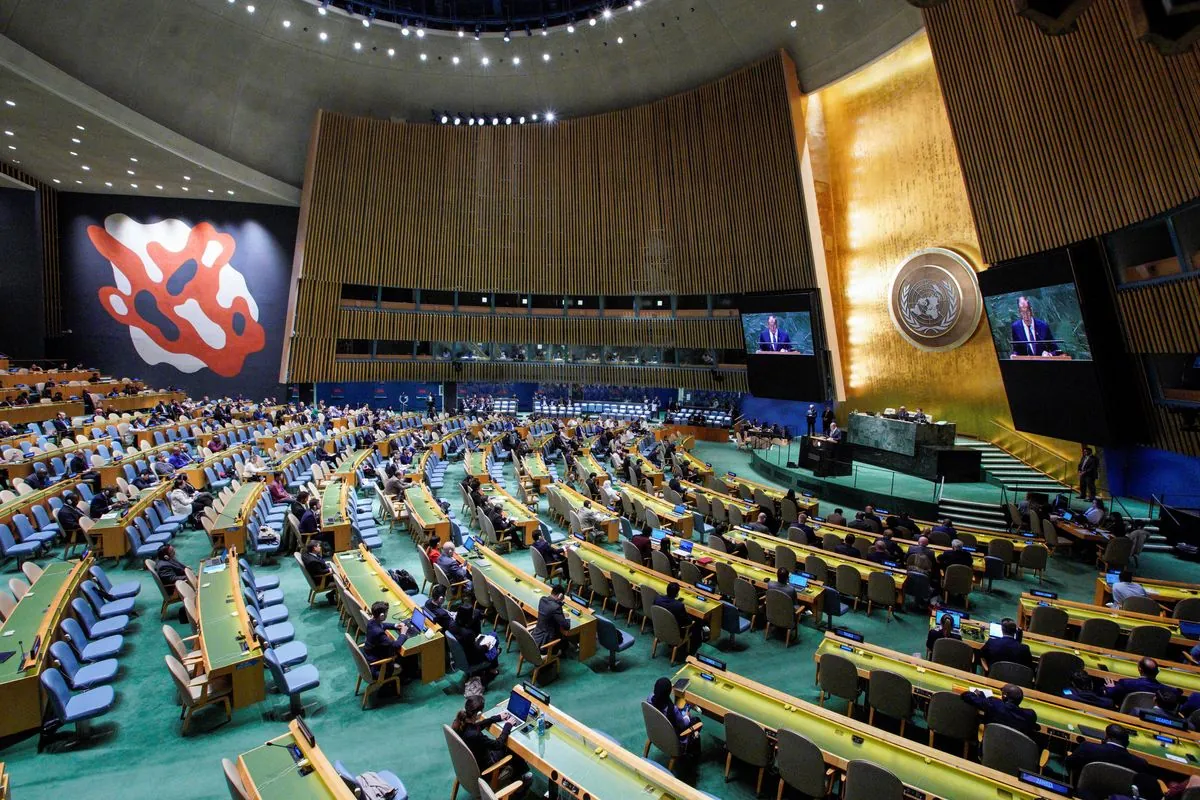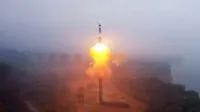Mass Protest in Vienna Against Far-Right Coalition Prospects
Thousands march in Vienna urging parties to avoid coalition with far-right Freedom Party after election win. President to begin talks with party leaders for government formation.

In a significant display of public sentiment, thousands of demonstrators took to the streets of Vienna on October 3, 2024, to voice their opposition to potential coalition agreements with the far-right Freedom Party (FPÖ). This protest comes in the wake of the FPÖ's unprecedented victory in the general election held on September 29, 2024, where they secured 29% of the vote.
The Freedom Party of Austria, founded in 1956, has a controversial history, with its first leader being Anton Reinthaller, a former SS officer. Despite this background, the party has gained significant support in recent years, particularly due to its Eurosceptic and Russia-friendly stance.
Protesters, waving rainbow flags and carrying banners with slogans promoting democratic values, directed their message primarily at the People's Party (ÖVP). The ÖVP, which was founded in 1945 and came second in the recent election, is seen as a potential kingmaker in the coalition-forming process.
Marty Huber, one of the protest organizers, stated:
"We want to say clearly now, preventively: Dear OVP, please do not enter into this pact again"
This statement refers to previous coalitions between the ÖVP and FPÖ, where the latter served as a junior partner.
Austria, a country with a population of about 9 million, has a semi-presidential system of government. The nation, which joined the European Union in 1995, has maintained a policy of permanent neutrality since 1955. However, the rise of the FPÖ has raised concerns about potential shifts in Austria's political landscape and international relations.
President Alexander Van der Bellen, who has been in office since 2017, is set to meet with leaders of all parliamentary parties, starting with Herbert Kickl of the FPÖ on October 4, 2024. These meetings aim to facilitate coalition talks and government formation.
The ÖVP finds itself in a crucial position, with the ability to form a majority government by allying with the third-placed Social Democrats and a smaller party like the liberal Neos. This option is seen by many protesters as preferable to a coalition with the FPÖ.

As Austria navigates this political crossroads, the country's rich cultural heritage and economic significance remain in focus. With the Alps occupying about 60% of its land area and the Danube flowing through its territory, Austria continues to be a key player in Central Europe. The outcome of these coalition talks could have far-reaching implications for Austria's future direction, both domestically and in its role within the European Union.


































